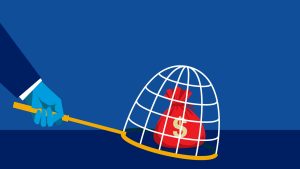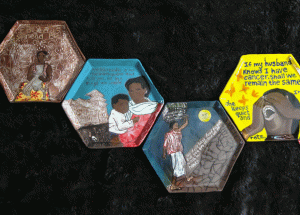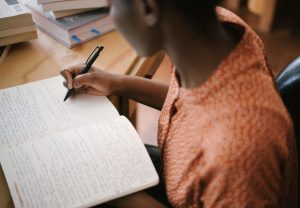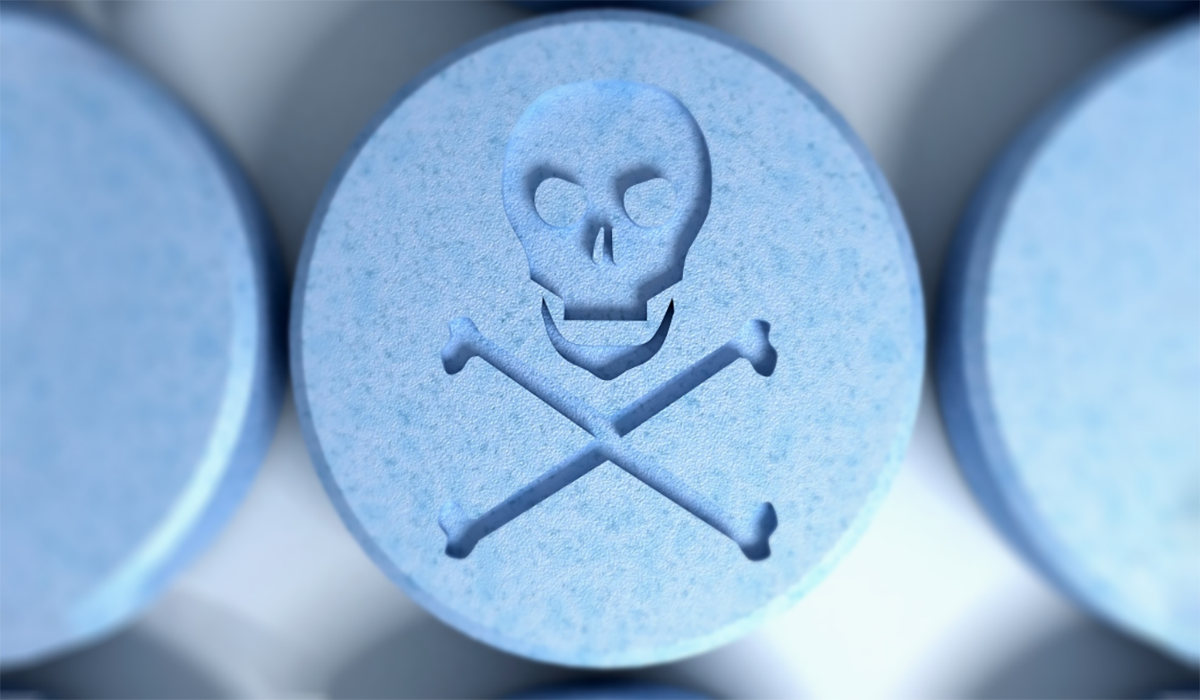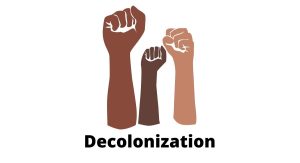The African Union, in an August 2025 report, estimates that illicit financial flows (IFFs) cost countries in Africa $88 billion per year. IFFs are illicit or illegal funds derived from criminal activities and/or illegal tax practices that are moved or transferred across countries, including international trade manipulations (the most common), tax evasion, smuggling, government corruption, and money laundering. Nearly half of these losses come from the ‘extractive sector,’ mostly mining. IFFs are fundamental drivers of economic injustice, and enormously undermine…
Tag: Health Inequities
Art for global health equity
A July essay in PLOS Global Public Health argues that art and its expression are critically important in the struggle for global health equity. Reñosa and his colleagues make the case that art can be leveraged to (1) to amplify disenfranchised voices, (2) to advance social justice activism, (3) to strengthen communities and individuals, and (4) to improve global health communication. They argue that art facilitates the inclusion of diverse cultural perspectives and engagement and uplifts marginalized voices. They provide a…
Barred from Healing: Denial of Qualified Medical Care Deepens Humanitarian Crises
This article is written in Arabic and English. For the English version, please see below. في مناطق النزاع حول العالم، يمكن أن يكون الوصول إلى المهنيين الطبيين المؤهلين هو الفارق بين الحياة والموت. ولا يوجد مكان يتجلى فيه هذا الأمر أكثر من غزة، حيث أدى الحصار المتعمد على العاملين في مجال الرعاية الصحية الماهرين إلى تفاقم كارثة إنسانية متزايدة. أحد الحالات الرمزية هو حالة الدكتور محمد الموسوي محمد طاهر، الجراح البريطاني-العراقي المتخصص في جراحة الصدمات والمعروف بمساهماته الاستثنائية خلال مهمة…
Rewriting the Script of Global Health
In the heart of Rwanda, a pharmaceutical revolution is unfolding, disrupting a global health order long dominated by high-income nations. This bold move by a nation determined to chart its own course in healthcare sovereignty embodies the spirit of decolonizing global health. It serves as a testament to the possibility of a world where equity in health is not just an aspirational goal but an actionable reality. This narrative of empowerment and systemic change ignites the conversation around decolonizing global…
[BOOKS] on Medical Appartheid
Medical apartheid refers to the systemic discrimination, segregation, and unequal treatment of individuals or groups based on their race or ethnicity within the healthcare system, leading to disparities in access, quality of care, and health outcomes. Book recommendations on medical appartheid: “Medical Apartheid: The Dark History of Medical Experimentation on Black Americans from Colonial Times to the Present” by Harriet A. Washington (2006) Washington meticulously documents the history of medical exploitation and mistreatment of Black Americans, offering a comprehensive…
Could you patent the sun? How vaccine patent waivers would save lives
The world had the chance to truly treat COVID-19 as a common problem and respond to it in an equitable and just manner. At the beginning of the COVID-19 pandemic, politicians, mainstream media and celebrities in the West declaring the disease the “great equalizer” – implying that this novel virus would affect everyone regardless of their position, wealth, race, or power. However, as the pandemic progressed, it became abundantly clear that this was not the case. Instead, the development and distribution of several effective…
Substandard medicines blamed for 285,000 childhood malaria, pneumonia deaths
VIdya Krishnan, an Indian Journalist writes about a “dirty secret in global health:” that rich countries get quality medicines and that the poor countries often get poison. Her op-ed in the Sept 11 New York Times describes the regulatory inequities between rich and poor nations. and how these inequities fail to prevent manufacture and export of substandard medicines. Rich countries have well-funded regulators keeping an eye on the safety and quality of drugs; most low income countries don’t have the…
Are we training students to be white saviors in global health?
Ananya Tina Banerjee and co-authors just published an excellent piece in The Lancet on white saviorism in global health. They remind us that global health leadership and power continues to be dominated by the global north – and that 85% of all global health organizations are headquartered in Europe and North America. They point out that, despite our decolonizing efforts, that there is limited discussion of acknowledging the colonial foundations of global health or the need for reparations for colonial…
Sudan’s Ongoing Crisis: Unpacking the Root Causes of Violence and the Elusive Pursuit of Peace Amidst Global Inequities
The violence in Sudan, particularly in Khartoum, is partly the fault of the international community. Sudan is still struggling to build a civilian-led government after decades of military rule, and tensions between different military factions have erupted into violence. The exploitation of resources, economic disparities, and political power imbalances have fueled grievances and conflicts within the country. International efforts to achieve peace through negotiations have often fallen short. Traditional peace agreements that split power between armed groups often allow further…
African scientists say Western aid to fight pandemic is backfiring. Here’s their plan
Global health inequities are inevitable, according to virologist and former president of the Nigerian Academy of Sciences Oyewale Tomori. “The WHO is,” says Tomori, “well, I know the W stands for World, but sometimes I think it stands for White.” Dr. Tomori shared that he was not surprised that high-income countries were buying up monkeypox vaccine supplies and that WHO was sharing its vaccines with 30 non-African countries, leaving the continent without access. Fed up with their countries’ inadequate responses to Ebola, COVID-19, and…
